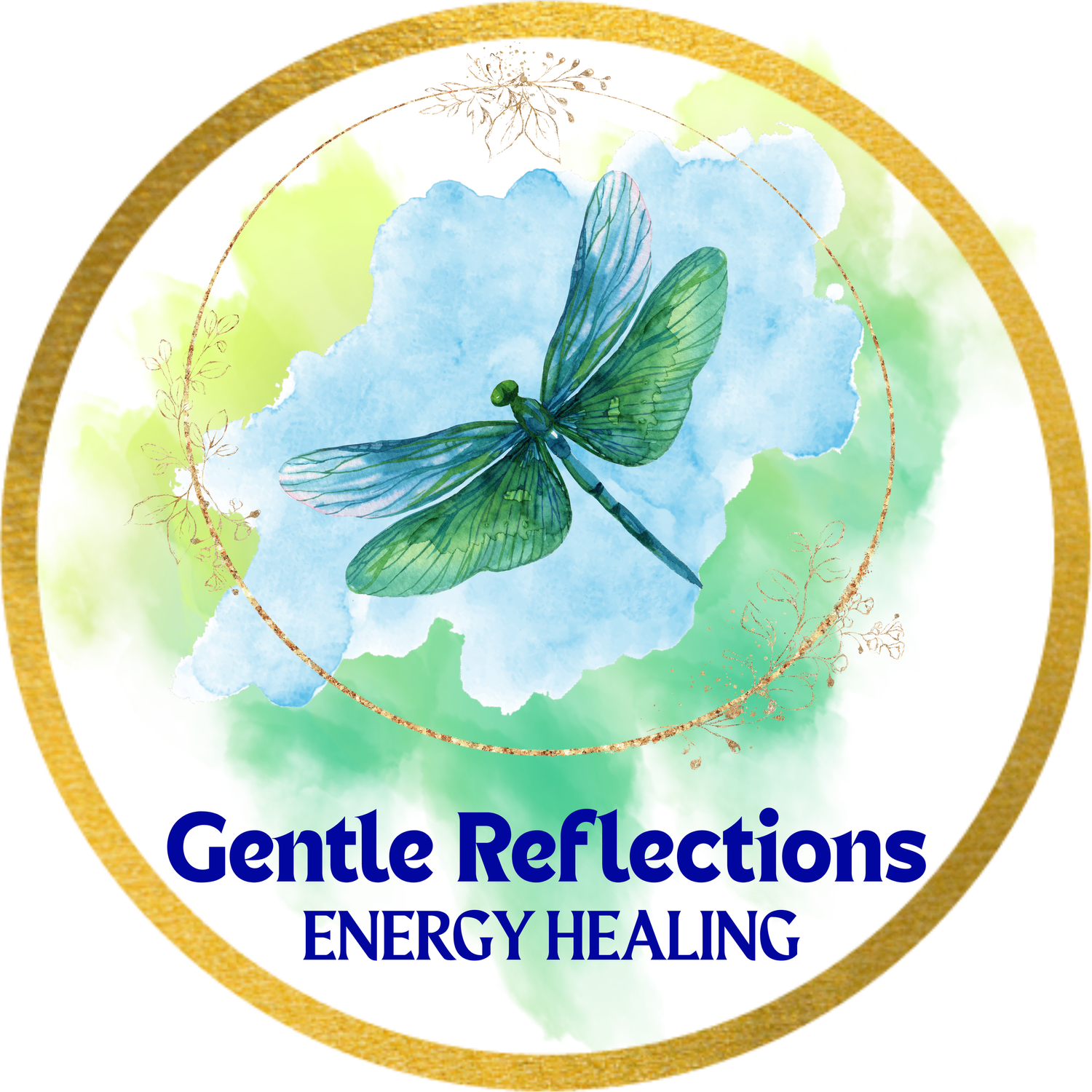“It’s Just How They Are” — Why Familiar Love Can Be Emotionally Abusive
How childhood wounding makes us vulnerable to toxic dynamics—and how to reclaim our voice, value, and freedom.
How did your parents interact when there was a conflict? Using the silent treatment? Yelling? Blaming? We often end up falling back on the behavior we observed in our parents.
For the family black sheep and midlife truth-tellers reclaiming their worth, this is your wake-up call: love shouldn’t hurt, silence isn’t neutral, and criticism isn’t care. And it’s okay to say “NO MORE.”
We don’t always recognize abuse when it’s happening—especially when it looks like the “normal” we grew up with.
For many of us who identify as the black sheep, the truth-teller, or the outsider in our families, our earliest blueprint for love was laced with conditions. Affection was withheld or nonexistent. Needs were dismissed or we were guilted or shamed for having them. Silence—and walking on eggshells was the standard modus operandi, and you and your siblings were the messengers. “Tell your mother that...” or “Ask your father what…”
Criticism was the norm, and there was little or no real connection—and when it was there, you felt lighter than air. You kept looking for it, doing whatever was necessary to get that feeling again.
I witnessed it in my own home. My parents were masters of the silent treatment, often freezing each other—and us—out for days. Constant criticism was the air we breathed. I learned early that love came with strings attached, and that emotional safety was not available to me.
Years later, I found myself married to someone who treated me the same way. It didn’t start out that way, of course, and initially, I didn’t see it as abusive—it just felt familiar. But in time, it was the same pattern of abuse I experienced in my childhood.
And that’s one of the most insidious things about mental and emotional abuse: we often don’t recognize it, because it mirrors the emotional landscapes we’ve already survived.
What Is Mental Abuse?
Mental abuse—also called emotional or psychological abuse—isn't always loud. It’s not just name-calling or overt threats. Sometimes, it’s the slow erosion of self-worth through quiet tactics that leave you second-guessing your reality, questioning your value, and feeling alone even when you're not physically alone. I remember writing in my journal that I felt more alone in my marriage than I could have felt actually being alone.
Here are just a few forms it can take:
- Silent treatment – ignoring someone to punish or control.
- Gaslighting – making someone doubt their memory, perception, or sanity.
- Withholding – refusing affection, attention, or emotional connection.
- Constant criticism – picking apart your every choice or word.
- Belittling – dismissing your accomplishments or goals.
- Blaming – holding you responsible for things you didn’t do or couldn’t control.
- Isolation – cutting you off from friends, support, or freedom.
- Trivializing – calling you “too sensitive” or “dramatic” when you express hurt.
Why We Stay (and Why We Chose Them in the First Place)
Here’s the hard truth: we often choose partners, friends, or even employers who feel like “home.” Why? Because our minds are comfortable with what’s familiar—even when the “familiar” was painful.
If you grew up in a home where you had to earn love by being perfect, quiet, helpful, or invisible, you're more likely to tolerate emotional neglect or abuse later in life.
If you were told you were “too much,” or “not enough,” or treated like a burden, you might find yourself drawn to people who continue that script—because deep down, a part of you still hopes you can finally earn their love. We often grow up continually seeking external validation and are people-pleasers.
What Makes Someone Abusive?
This part isn’t about blame—it’s about awareness. People who abuse others emotionally are often operating from their own unhealed wounds. They may have grown up in environments where control was the only way to feel safe. They may lack emotional regulation, empathy, or the capacity for true intimacy.
But their pain does not justify your suffering. Adults are responsible for their actions, no matter their past. Understanding the origins of abuse can bring compassion—but it should never excuse the behavior or keep you stuck in it. And at some point, some form forgiveness can help you heal. But only when you’re ready.
How to Navigate an Abusive Relationship
If you’re reading this and recognizing your current or past experience in these words, take a breath. You are not crazy. You are not dramatic. You are not imagining things. And you are definitely not alone.
Here are some steps to begin reclaiming your voice and power:
1. Name what’s happening.
2. Notice how your body reacts.
3. Get support outside the dynamic.
4. Set small boundaries.
5. Reparent your inner child.
6. Create an exit strategy if needed.
You’re Not Too Old to Begin Again
If you’re 40 or beyond and just now realizing how deeply mental abuse has shaped your relationships, I want you to know: it’s not too late. I did it at age 42. It wasn’t easy, but it is possible. Know that you’re not behind—you’re right on time.
Many of us didn’t have the language or awareness until midlife. Or maybe the inner strength. That’s okay. There’s no shame in that. The shame belongs to the systems and families that normalized our suffering.
But we can choose differently now. We can listen to the part of us that’s quietly whispered all along: this isn’t love. There’s more for me than this. I deserve better.
And you do. If you’ve been the black sheep, the emotional scapegoat, or the one who always had to hold it together—know that healing is possible. Know that you are worth it. Know that there are solutions. I walk this path, too. You don’t have to walk it alone.


